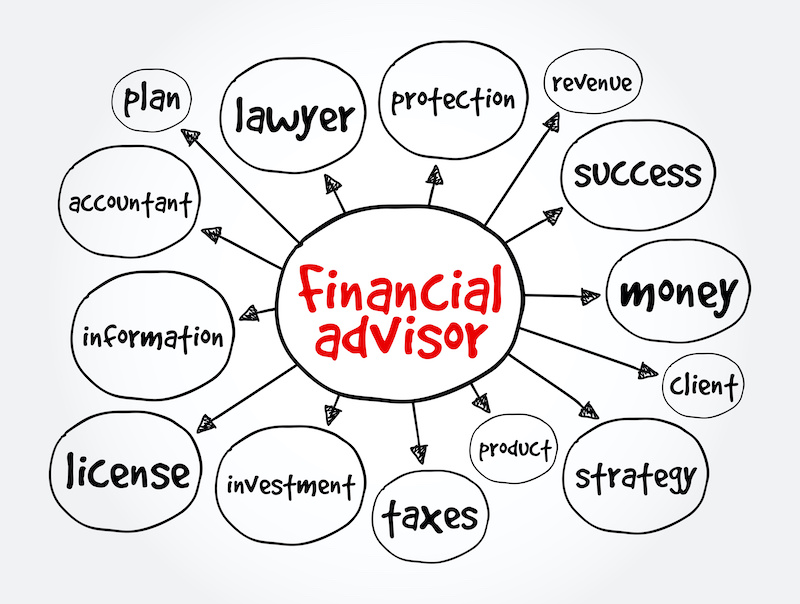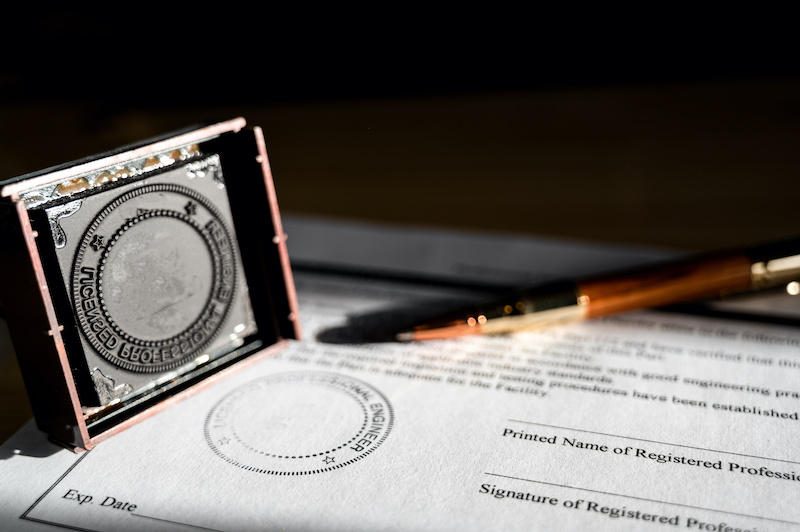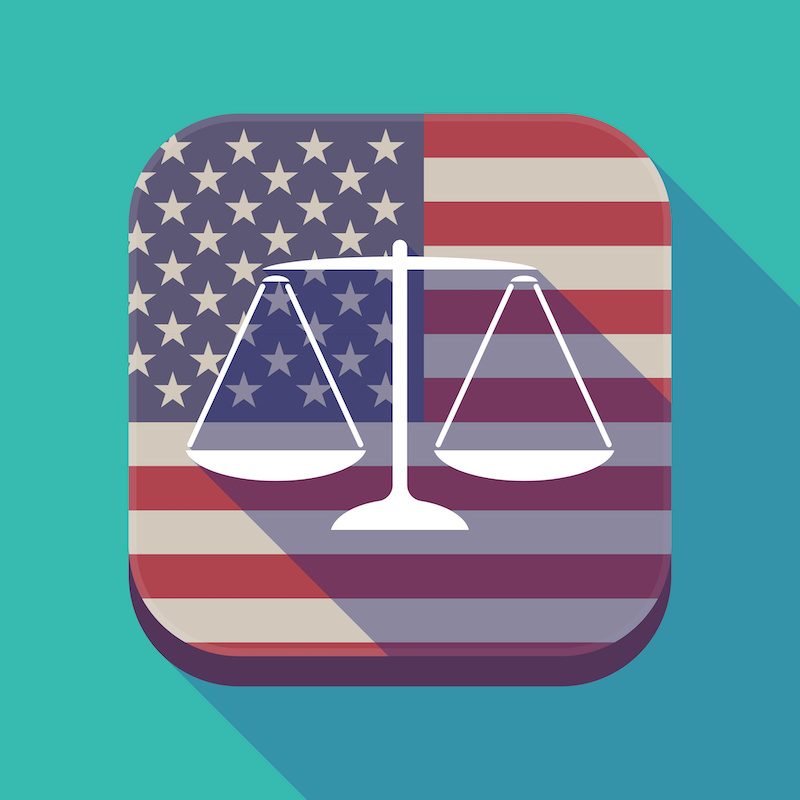
After working for years with a valued professional advisor, you form a strong bond. In fact, you may consider your advisor a close friend. You know their family, attend church with them, and appreciate the value they provide to your community. Such a professional may have suffered unfortunate life circumstances. For example, maybe they lost a spouse and kids to a car accident or divorce. This matters, especially if your own family is estranged. In such a case, you may consider your professional advisor the best prospective recipient of your inheritance. After all, you would rather see your property pass to someone you know rather than to a random charity. Unfortunately, making them advisor beneficiaries may not afford the perfect solution.
What Could Go Wrong?

Problems with Advisor Beneficiaries
As professional advisors, we spend hours with our clients. In fact, we grow familiar with their most personal details. Listening intently and helping our clients achieve financial and tax planning goals creates a natural closeness between clients and advisors. For individuals in similar circumstances to the fictional scenario described above, naming a trusted advisor as a beneficiary might feel natural and desirable. So, would a professional advisor refuse such a generous offer?

Rules about Advisor Beneficiaries
Advisors from certain professional backgrounds may not legally accept such a gift. Their professional licensing organization often decides for them.
FINRA Registered Investment Advisors

For example, professionals registered through the Financial Industry Regulatory Authority (FINRA) remain subject to FINRA Rule 3241. This rule requires any FINRA registrant to decline beneficiary appointment over a client’s estate. What’s more, they cannot receive a bequest (gift at death) except under very limited circumstances. Those limited circumstances include membership in the client’s immediate family or with written approval from the member firm. The straightforward rule leaves little room for interpretation.
Attorney Advisor Beneficiaries

State bar association rules of professional conduct govern the ethical and professional responsibilities of members of the legal profession. Most adapt regulations from the American Bar Association’s Model Rules. Under these rules, clients cannot name attorneys as beneficiaries if they prepared the trust document.
Accounts as Advisor Beneficiaries
Certified Public Accountants (CPAs) follow rules that dissuade them from accepting gifts or bequests from clients. However, they may demonstrate that such gifts do not impact the CPA’s ability to exercise independent judgment.

Generally, a professional should not profit from the death of a client. Of course, any professional may continue offering their services to the executor of the deceased client’s estate or the trustee of their trust. However, a professional should not obtain a windfall from a client through a gift, bequest, or beneficiary designation.
Inadvertent Advisory Beneficiaries

Unfortunately, innocently naming advisor beneficiaries over accounts and property could jeopardize your advisor’s professional licensure. What’s more, you could damage their public perception and reputation.
Refusing to be Advisory Beneficiaries
Professional advisors with clients who want to leave them gifts or bequests from their estates should almost always politely decline, explaining the practical and ethical reasons why accepting such gifts could be counterproductive to the client, the professional advisor, and the profession in general. The advisor should then have a thoughtful discussion with the client about naming an appropriate alternative to the advisor. The professional could also help the client identify alternative charitable organizations that they may find attractive in lieu of the gift to the advisor.

Whatever you ultimately decide, your professional advisor will likely be able to sleep much better at night knowing that a disgruntled family member will not someday file a FINRA or other ethical complaint against them long after you have passed away and the money is spent. Furthermore, helping your professional advisor maintain the integrity and ethical standards of their profession will undoubtedly pay dividends from a professional and reputational perspective that far outweigh the financial benefits of accepting even a generous gift from you.
About Skvarna Law in Glendora & Upland, California
Skvarna Law Firm operates offices in Glendora and Upland, California. Also, we provide legal services. We cover San Bernardino, Los Angeles, Orange, and Riverside Counties. This includes several cities. Upland, Ontario, Rancho Cucamonga, Fontana, Colton, Rialto, Chino, Chino Hills, Glendora, Claremont, Pomona, La Verne, Montclair, San Dimas, Azusa, Covina, West Covina, Diamond Bar, Walnut, La Puente, Corona, Norco & Mira Loma.


